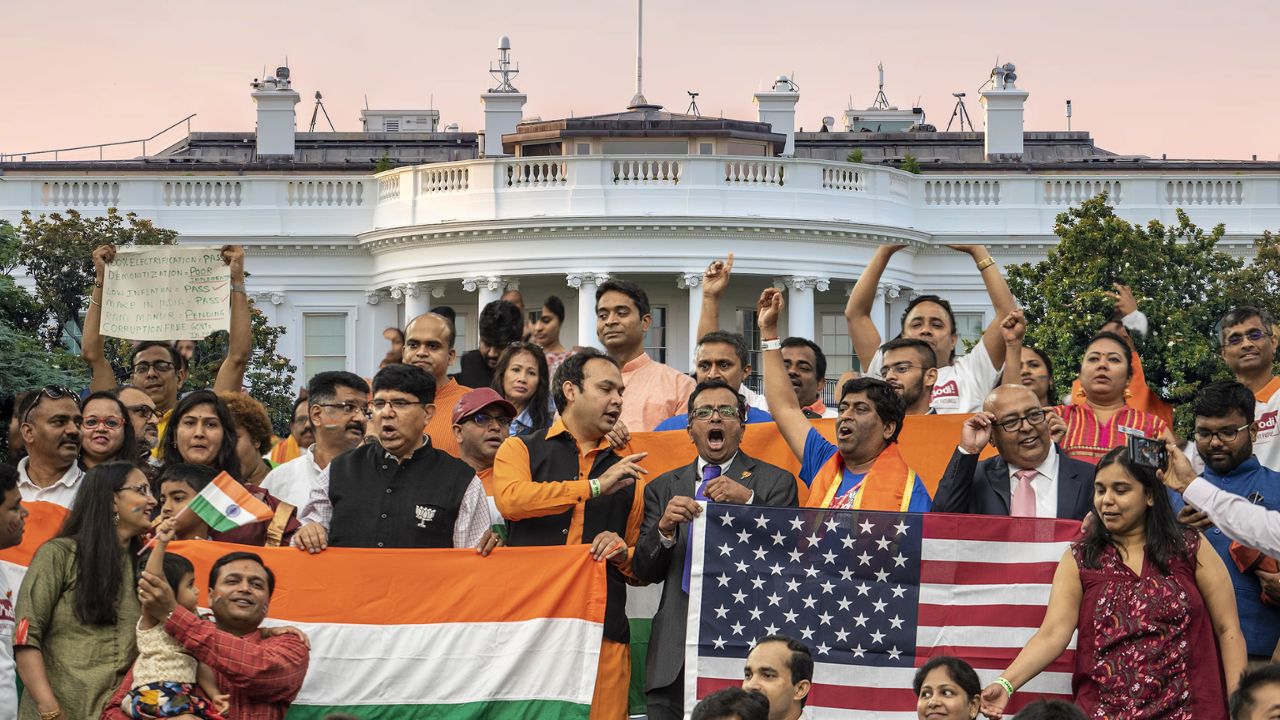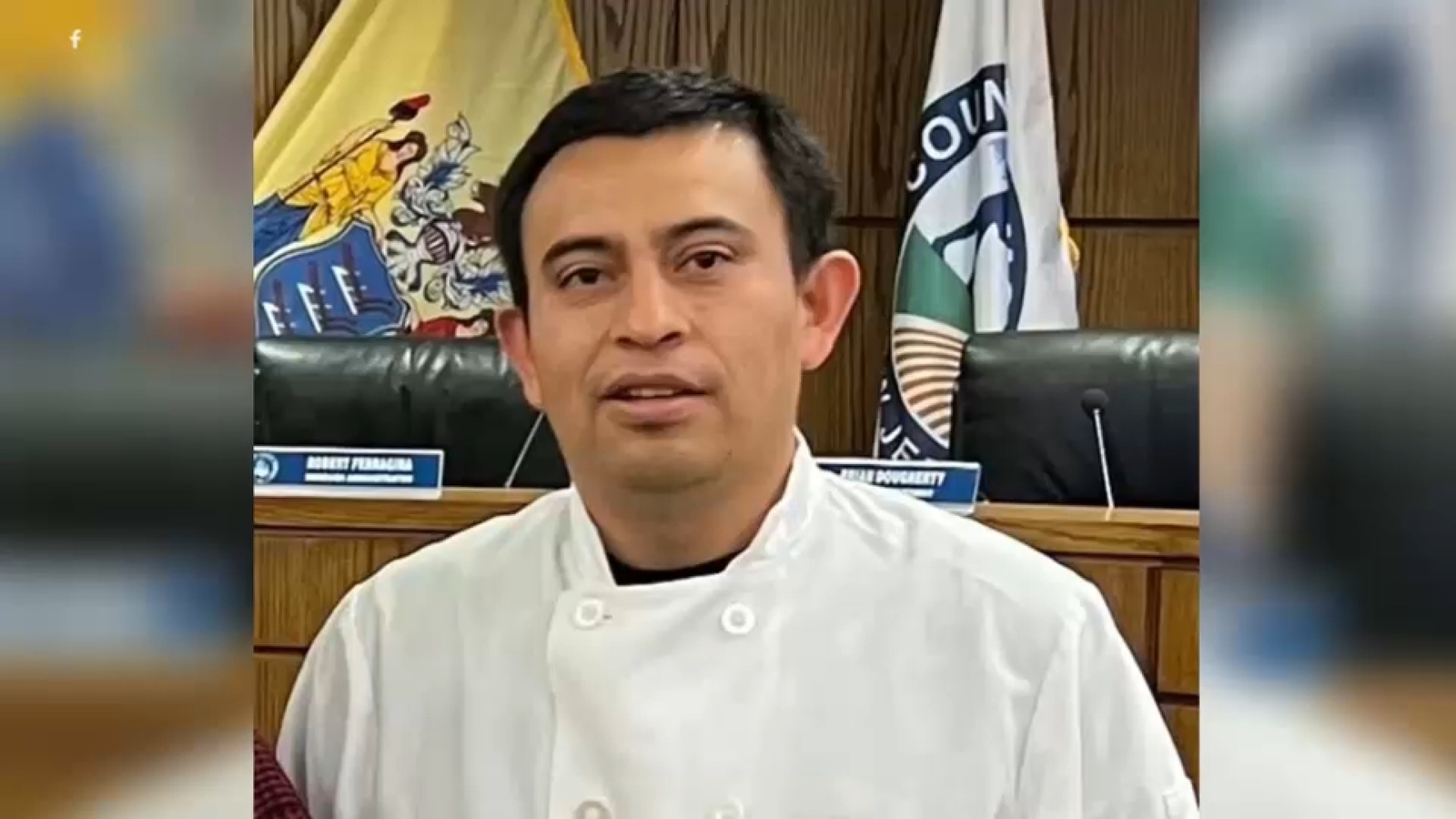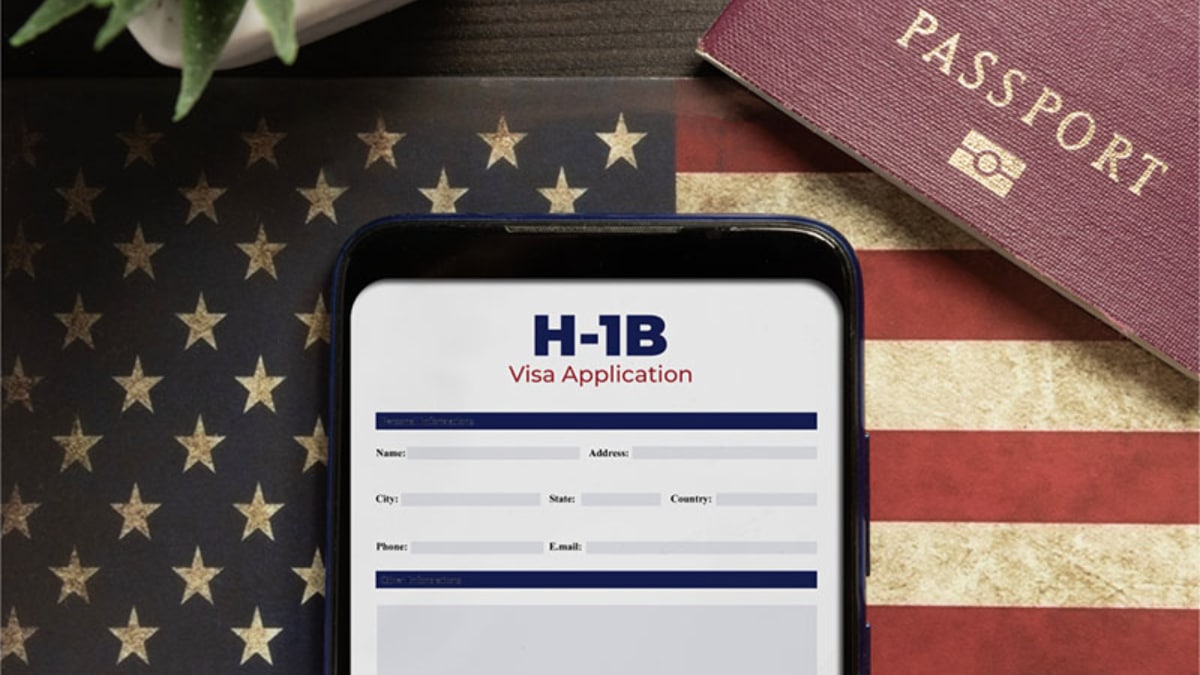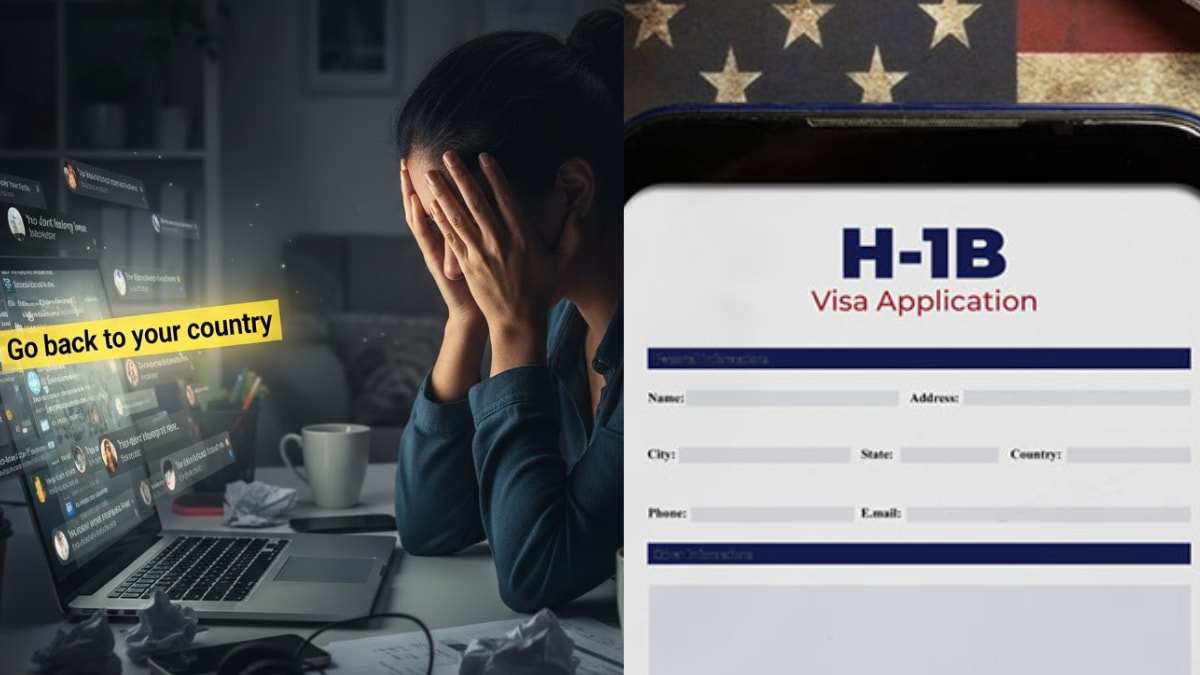Indian-American Community's Silence on H-1B: A Call for Advocacy
Successful first-generation Indian-Americans have a moral obligation to advocate for new immigrants facing H-1B and Green Card challenges, despite fears of backlash and fatigue.

Subscribe to our newsletter and stay informed about latest H1B news, policy updates and and other developments.
Article Summary
This opinion piece explores why many successful first-generation Indian-American immigrants are not actively advocating for current H-1B visa holders and new immigrants. It attributes this silence to factors like fear of backlash, competition, and fatigue, despite many having experienced similar challenges themselves. The author argues that those who have achieved stability have a moral obligation to speak up for those still navigating the immigration system.
Original Article: financialexpress.com
[ Sentiment: neutral | Tone: factual ]
This summary and analysis were generated by TheNewsPublisher's editorial AI. This content is for informational purposes only; it does not constitute legal or immigration advice.
[ Sentiment: neutral | Tone: factual ]
This summary and analysis were generated by TheNewsPublisher's editorial AI. This content is for informational purposes only; it does not constitute legal or immigration advice.
TNP AI: Key Insights
This article offers a critical 'so what?' by dissecting the internal dynamics within the Indian-American community, explaining the observed silence on H-1B policy changes despite many having navigated similar immigration challenges. For current visa holders and those in the Green Card backlog, it illuminates why broad-based advocacy efforts from within the community often fall short, potentially prolonging their struggles.
The piece implicitly contrasts this silence with other diaspora communities' organized protests, highlighting a unique challenge in mobilizing support for H-1B reform. It suggests that overcoming this internal 'fatigue' and perceived competition is crucial for a more unified and effective voice in future immigration policy debates, particularly given the ongoing legislative inaction and the persistent green card backlog.




